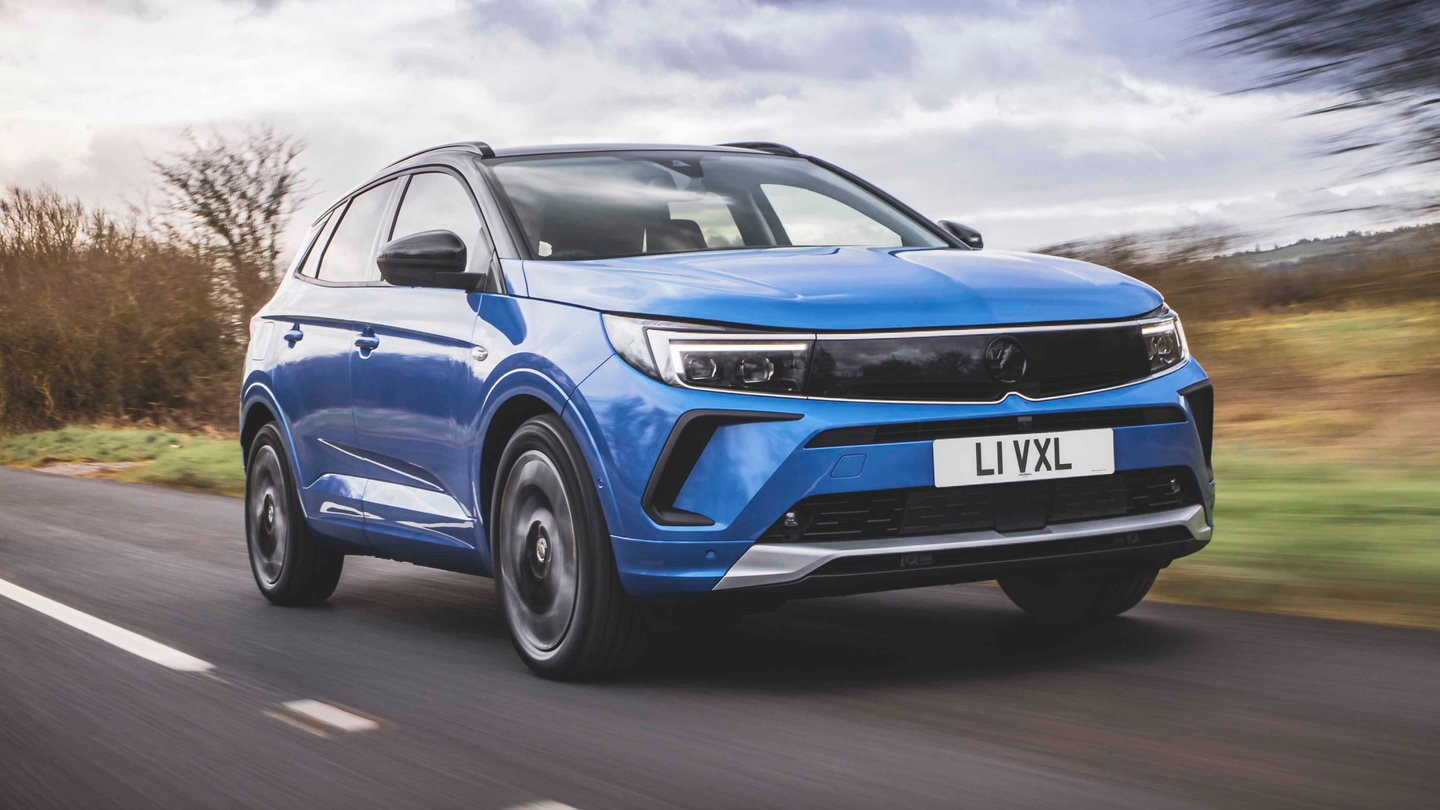What is adaptive cruise control (ACC)?
Adaptive cruise control (ACC) is a form of cruise control that uses radars and other sensors to maintain a constant distance from the car in front. When you're just travelling down the road on your own, it works exactly like regular cruise control – you set the speed you want the car to hold (eg. 70mph) and it'll adjust the accelerator automatically to keep you at that number.
Where adaptive cruise differs to regular cruise control is when you encounter a slower-moving vehicle in the lane ahead of you. Here, the system uses sensors to spot the car in front and drop your speed to maintain a safe following distance behind it. Once the slower-moving vehicle has pulled out of your way, the system will accelerate back up to your set cruising speed.
It's important to remember that, just like other automatic driving aids, you still need to pay full attention to the road while using adaptive cruise control. These systems can easily get confused by unusual situations, so you might need to take over quickly to avoid an accident.
Check out our full guide to adaptive cruise control and how to use it.






























